Welcoming a new child into your own family is always a historic and feeling event. However, like everything that happens, preparing your child for a new sibling is probably the hardest of them all.
This means that kids may have mixed feelings about a new sibling from being so happy to being anxious.
For this reason, at Mind Family, we understand the importance of assisting your child in making positive adjustments to life’s changes.
In this way, you can take advantage of thoughtful groundwork and proactive strategies and thus smoothen the way for preparing your child for a new sibling.
This article provides ten useful tips on how you can prepare your child to become a sibling and well as avoiding conflicts among them.
10 Helpful Tips For Preparing Your Child for a New Sibling
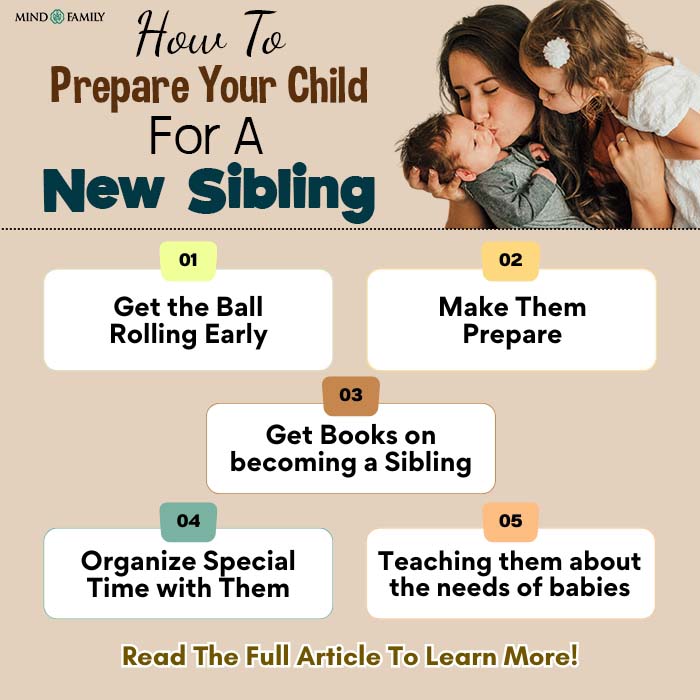
1. Get the Ball Rolling Early
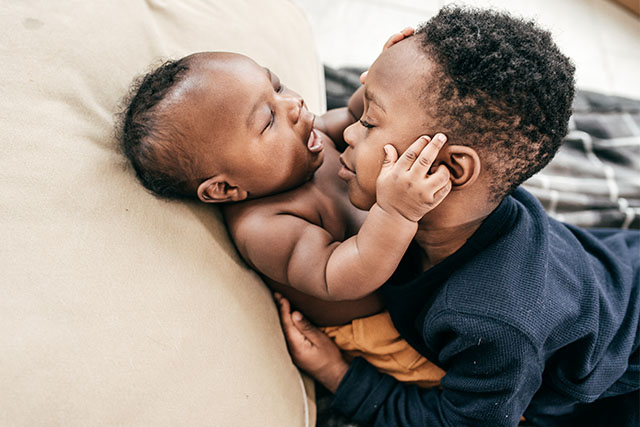
Start preparing your child for a new sibling by discussing the coming of a baby long before they come. It is better to introduce this to our children as early as possible for them to be able to understand it and digest it.
Use simple language that can be comprehended by someone at your child’s age to help explain that a new baby is on its way and the transformations that might happen.
The positive implications such as having their pair in games or sharing common things should be emphasized.
This conversation from the beginning may help your child feel like they are part of it and reduce any fears or apprehensions. Keep returning to this topic periodically as you approach the due date so that anticipation remains upbeat and manageable.
2. Make Them Prepare
Allowing your child to participate in preparing your child for a new sibling can make them feel useful and included in what is happening. They can participate in selecting baby clothes, decorating the nursery or arranging important items for babies too.
Their involvement should breed a sense of belongingness and enthusiasm about this imminent birth. Such assignments should be enjoyable with recognition of their contribution.
By doing this we can make them feel more involved with family changes taking place around them. This approach facilitates easy understanding as well as adaptability towards these impending changes through direct participation from the children themselves.
3. Get Books on becoming a Sibling
Books can be extremely powerful as tools for preparing your child for a new sibling. Look for stories that cover the experience of having a new brother or sister.
Co-reading will comfort and inform your child about what to expect.
Select books that reflect positive experiences and give reassurance for feeling themselves a big sibling.
Engaging with these stories allows your child to see themselves in similar situations, which can help normalize their feelings and prepare them for the new family dynamics.
4. Organize Special Time with Them
Your child may feel less loved following the arrival of another baby in the family. To counter this, it is necessary for preparing your child for a new sibling by first giving them their one one-on-one time.
It doesn’t matter if you go out regularly indulge in some special activities, or share quality moments at home, this dedicated time assures them that they are still important. Doing things together that they like can strengthen our bond while giving ease during transition periods.
Thus, we retain this attachment letting them know that irrespective of anything else our love remains intact such that any chance occurrence of insecurity or neglect is mitigated.
5. Teaching them about the needs of babies

Preparing your child for a new sibling will facilitate their transition into the new family roles. Help them understand that newborns need lots of attention to feed, sleep and change diapers, hence they may cry a lot.
Offer simple explanations and compare them to what might happen when your child is still young or sick. By understanding these basic requirements, it can enable them to adjust their expectations and avoid being jealous or frustrated.
It would also be good if you told the children how attention being on baby does not mean that it leaves out of focus the other ones completely.
6. Let Them Know Routine Changes
Newborns often result in changes in daily plans. Make your child ready for these changes by talking about things that will be different and why.
In case there are any regular activities or schedules within your family, discuss how they could be changed temporarily to accommodate the baby’s birth.
Encourage your child’s participation in such talks about possible variations and ways they can work together towards finding solutions. Before the arrival of the baby, rehearse some new schedules with him/her so that he/she can easily adapt them without struggling much.
Preparing your child for a new sibling this way will assist your child become accustomed to the family’s new arrangements thus making him/her feel more at ease with it all.
7. Instigate Their Feelings.
The arrival of a new baby may stir up a lot of emotions in your child. Help them feel free to express how they feel, whether it is excitement, fear or even envy.
Create a safe place where thoughts and concerns can be shared freely by the siblings. Recognize their emotions and accept their experiences, showing compassion and respect.
Preparing your child for a new sibling by hearing out their feelings, will help them process the changes better and feel supported throughout as well. Emotional support is essential for maintaining their health as well, making them adapt to new family members easily.
8. Assign Them Special Roles
If you assign your child a special role within the family, it will ensure that they do not feel left out of important affairs thus raising their self-esteem. For instance, they can assist in simple tasks like selecting the baby’s attire or deciding on its name.
They may also assist with certain aspects of infant care such as bringing diapers or singing lullabies. Give them an assignment of involvement that will make them feel appreciated for who they are by valuing them so much.
This method does not just raise their confidence but also fosters immense pride and sense of ownership over their new sibling which contributes towards building a positive relationship from the outset.
9. Assure Them of Your Love
Your child must know you love them even after the baby is born, tell them. Make it clear to your children that as the family grows, their attachment to the new sibling will not change.
Show your love all the time and tell them what makes them so special in your eyes. Regularly telling them that you love them can help remove any worries or uncertainties they might have.
Reassuring them that they still occupy a special place in our heart and helping them feel confident and loved during this period of transformation.
10. Get Ready for Hospital Stay
When you’re spending time away from home at a hospital, prepare your child for this separation. Talk about who will care for them when you are gone and what to expect while away.
Try to have them visit you and their sibling at the hospital so that they can be part of the occasion. Keeping open lines of communication with your kids and telling them how things are moving along can assist in lowering anxiety levels related to your absence.
In preparing for our hospital stay we want our children to feel secure so they won’t be overwhelmed by changes like these.
Preparing your child for a new sibling can help ease transitions between siblings during this period.
How To Prevent Sibling Rivalry in Your Kids?
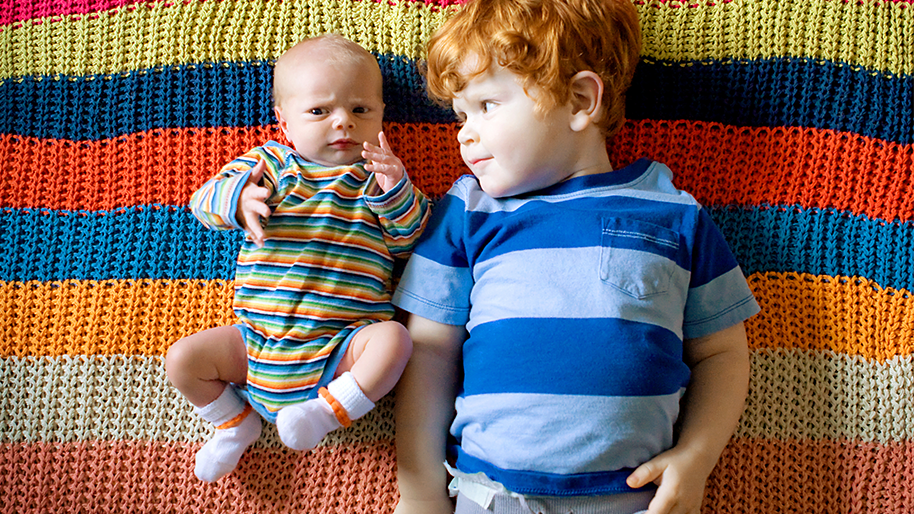
Here are some practical tips to prevent sibling rivalry:
1. Encourage Collaboration Rather Than Competition
Building an environment of cooperation instead of competition can prevent sibling rivalry. Make your children work together on things like tasks or projects, and tell them that their teamwork is important.
For example for preparing your child for a new sibling, if they are building a fort or playing a game, focus on how their joint contributions bring about better results.
2. Encourage Individual Interests and Talents
The recognition and celebration of each child’s unique gifts and passions can help to reduce competition between siblings. Allow your kids to follow their individual hobbies and interests while congratulating them for their achievements.
Instead of comparing them with one another, concentrate upon the growth of the individuals themselves.
3. Be Firm And Consistent
By having clear-cut rules of conduct in place, sibling rivalry which is likely to be avoided can be created through the establishment of an atmosphere that is stable.
Define acceptable behavior as well as consequences for breaking rules and enforce them fairly but consistently. Make sure your children understand what you expect from them and why you expect it from them.
4. Spend Time Alone with Each Child
Giving individual attention to each child values them more and reduces potential rivalry. Allocate scheduled one-on-one time with each child targeting their needs or likes.
5. Teach Conflict Resolution Techniques
When you teach your kids useful ways for solving conflicts you prepare them to deal with arguments peacefully between themselves too.
Start preparing your child for a new sibling by Encouraging calm expression of emotions by teaching children how to listen calmly when someone else is speaking.
Through collaboration, respect for uniqueness, setting boundaries properly, as well as imparting constructive dispute management techniques; we could have our youngsters grow into close-knit companionship bonds together.
This would guarantee a more unified relationship among siblings and prevent sibling rivalry.
A Word From Mind Family
Preparing your child for a new sibling and managing sibling rivalry are important aspects of nurturing a harmonious family environment. At Mind Family, we understand that these transitions can be both exciting and challenging.
From starting conversations early and involving your child in preparations to setting clear boundaries and teaching conflict resolution skills, each step you take contributes to creating a supportive and loving atmosphere and prevent sibling rivalry among your kids.
These practices not only ease the transition but also lay the foundation for a lifelong, supportive sibling relationship.
At Mind Family, we’re committed to supporting you through every stage of your parenting journey.
Frequently Asked Questions (FAQs)
1. When should I start talking to my child about the new sibling?
Start the conversation early, ideally before the baby arrives, using simple language to help your child understand and adjust to the upcoming changes.
2. How can I involve my child in preparing for the new baby?
Include your child in selecting baby clothes, decorating the nursery, or setting up baby essentials. Their involvement helps them feel valued and connected to the process.
3. What are some good books to read with my child about becoming a sibling?
Choose books that depict positive sibling experiences and reassure your child about their new role. These stories can help normalize their feelings and expectations.
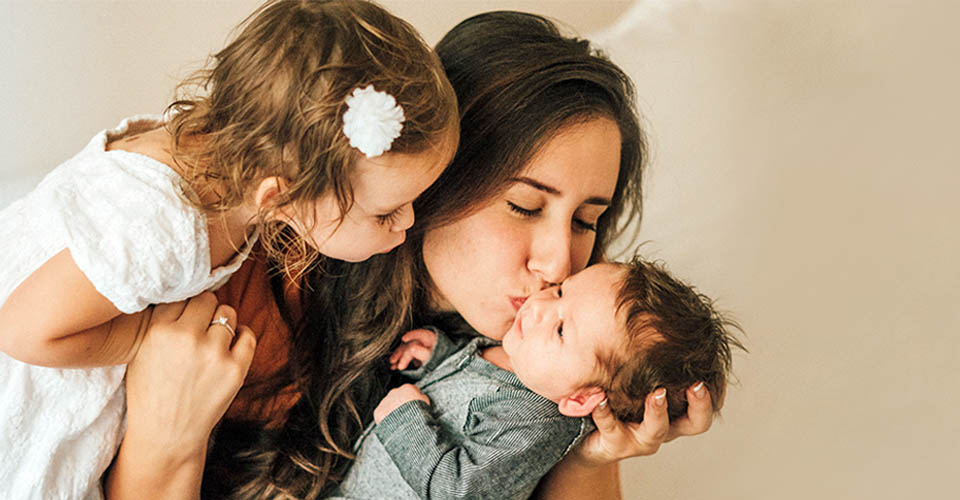






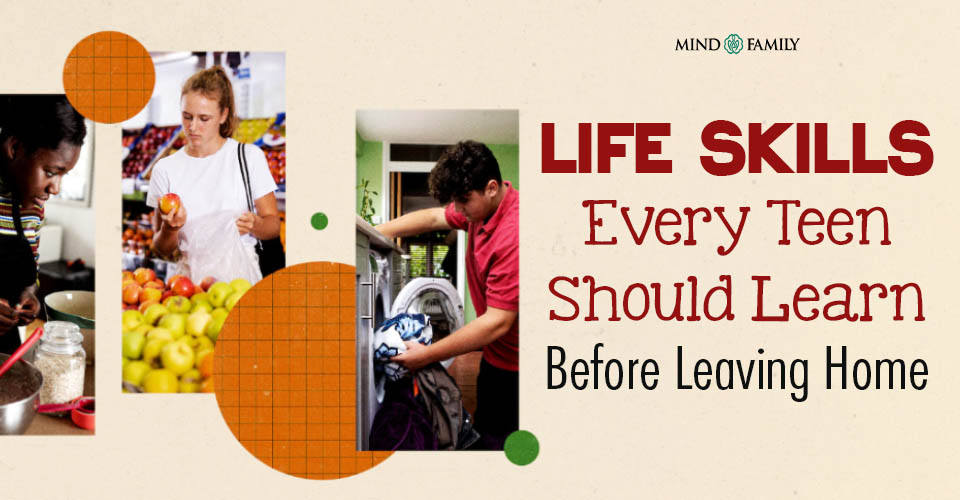




Leave a Reply